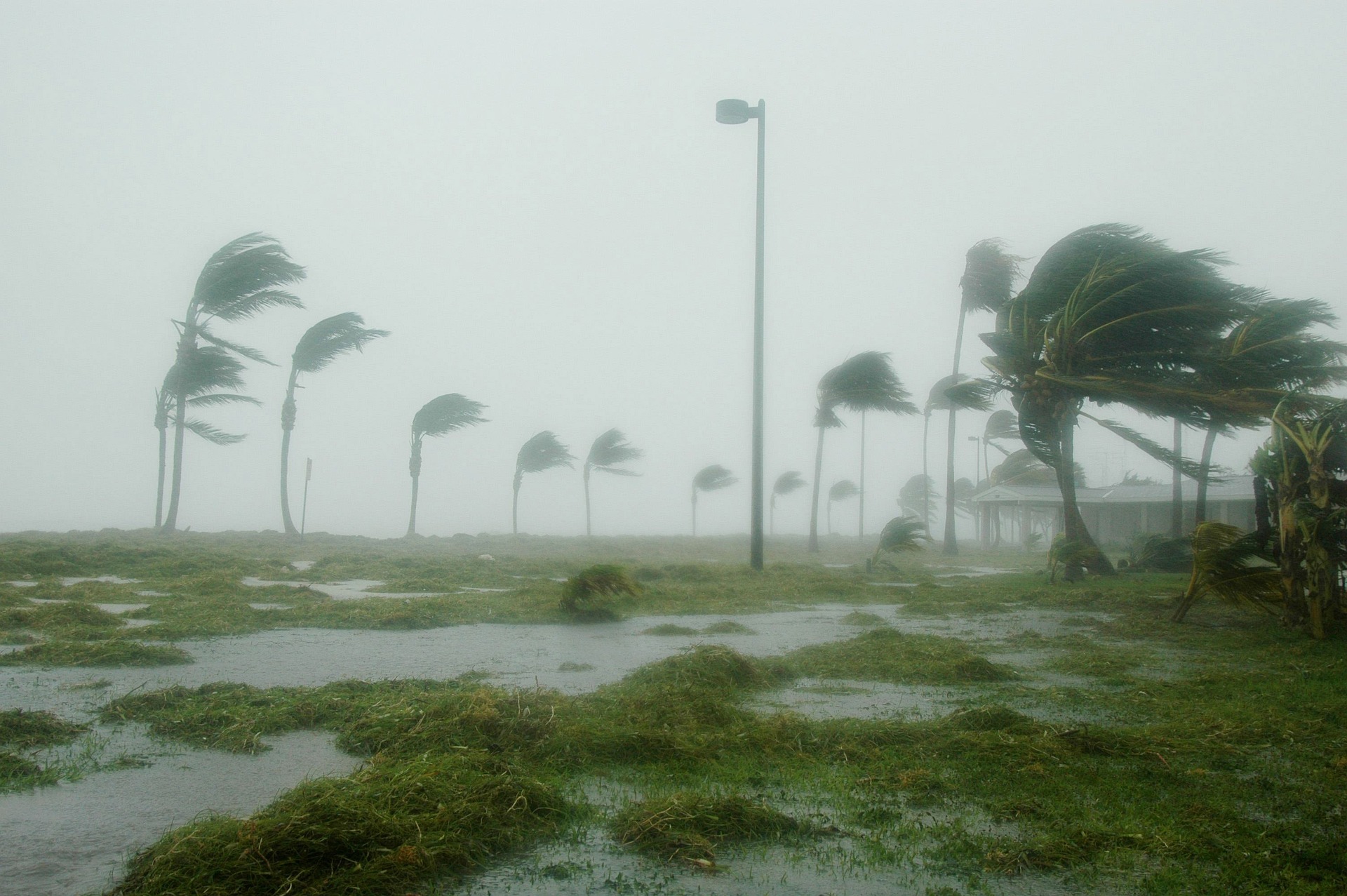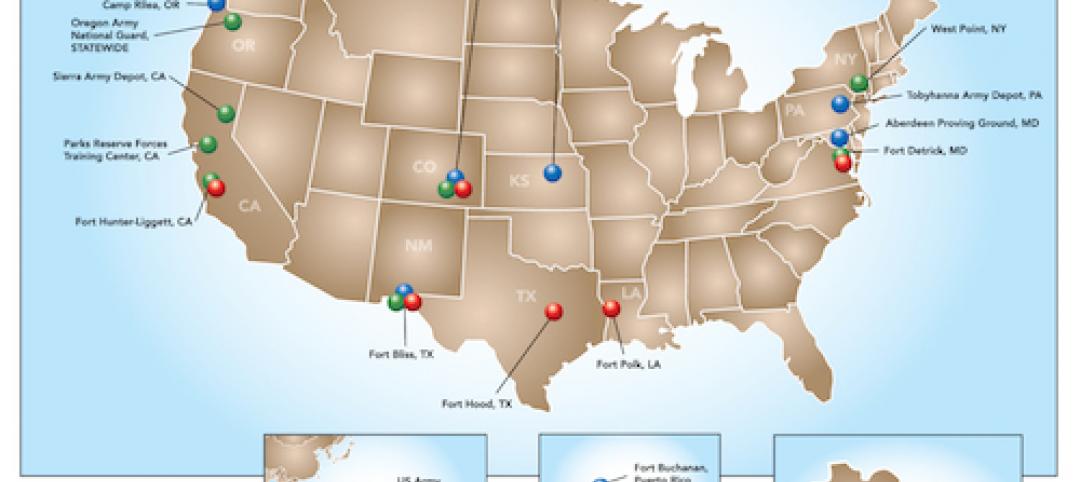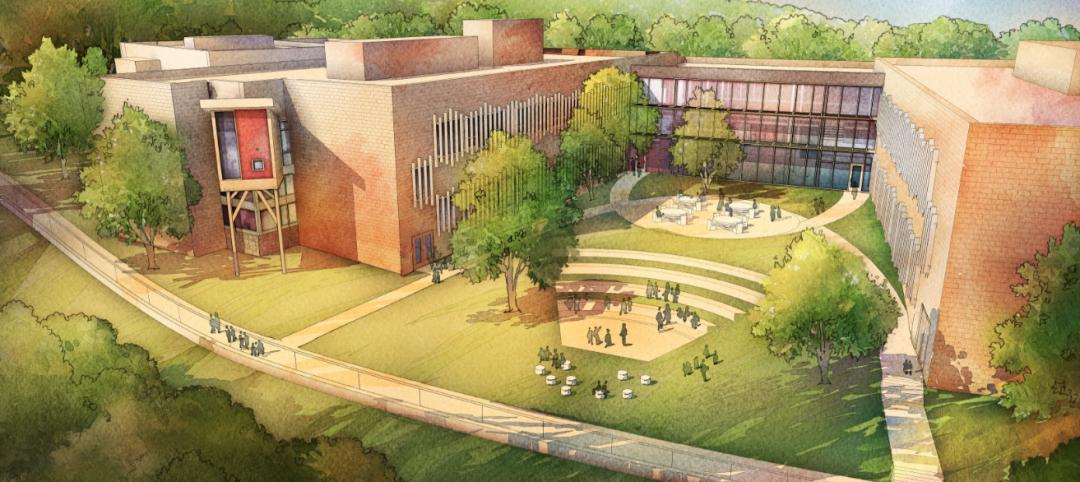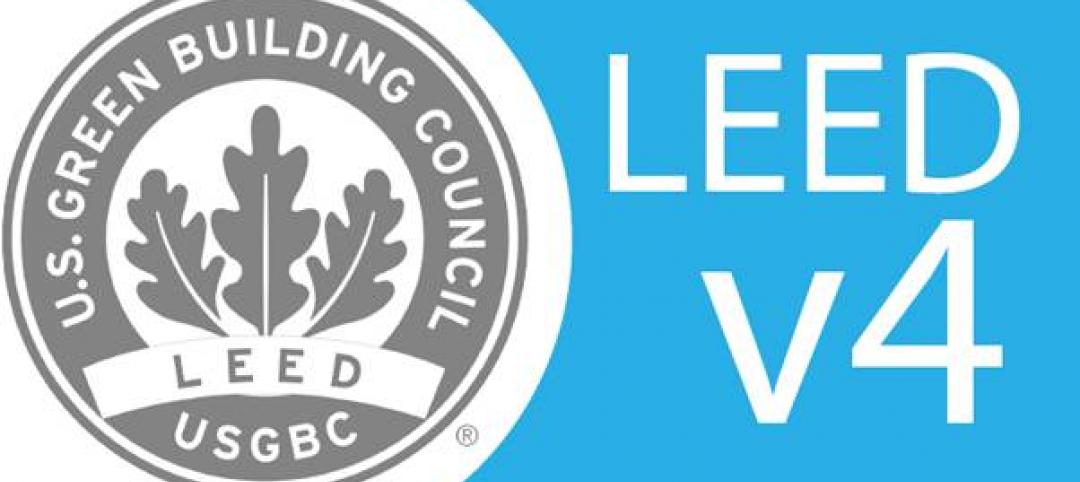The North Carolina Legislature’s rejection of building code updates likely worsened the damage caused by Hurricane Helene, code experts say.
Over the past 15 years, lawmakers rejected limits on construction on steep slopes, which might have reduced the number of homes destroyed by landslides. The legislature also blocked a rule requiring homes to be elevated above the height of an expected flood and weakened protections for wetlands that help the environment absorb stormwater runoff.
Lawmakers have slowed building code updates, making it harder for the state to qualify for federal climate-resilience grants. In 2013, the legislature changed how often North Carolina would update its codes to every six years from every three.
The change proved important. In 2015, the International Code Council added a requirement that new homes in flood zones be built at least one foot above the projected height of a major flood. Instead of adopting that mandate statewide, the legislature left it up to local officials to decide whether to adopt it in their community.
Related Stories
| Nov 14, 2014
Army net-zero initiative moving past pilot stage
The U.S Army's ambitious net-zero initiative has had several successful pilot trials, and planners are prepared to expand the nine-part demonstration field to scores of other Army facilities.
| Nov 14, 2014
Former U.S. Treasury Secretary Paulson works to upgrade China’s building codes
Former U.S. Treasury Secretary Hank Paulson is today focused on making new construction in China more energy efficient by working with leaders to upgrade building codes.
| Nov 14, 2014
California aims for 20% reduction in water consumption by 2020
California’s comprehensive new water use plan makes conservation a priority, reinforcing a 2009 plan to reduce statewide per capita water consumption by 20% by 2020.
| Nov 6, 2014
Demountable structural steel could up the ante on sustainability
Demountable structural steel assemblies would be a greener way to make use of steel in the construction industry than recycling.
K-12 Schools | Nov 6, 2014
New Sandy Hook school features could influence security standards
The design of the new Sandy Hook Elementary School on the site of the 2012 Newtown, Conn., school shooting features enhanced security measures—some subtle and others more prominent.
| Nov 6, 2014
OSHA seeking input on electrical standards
The Occupational Safety and Health Administration (OSHA) is reviewing electrical standards for the construction industry to make sure proper safeguards are in place as electrical wiring is being installed and maintained.
Smart Buildings | Oct 30, 2014
Energy Department pledges $9 million for energy efficiency improvements on commercial buildings
The U.S. Dept. of Energy will spend $9 million to encourage investments in energy-saving technologies that can be tested and deployed in offices, shops, restaurants, hospitals, hotels and other types of commercial buildings.
| Oct 30, 2014
Steel Framing Industry Association’s certification program aims to ensure connector quality
The Steel Framing Industry Association has launched a certification program to ensure that cold-formed steel connectors meet quality guidelines, building codes, and ASTM standards.
| Oct 30, 2014
American Concrete Institute releases reorganized structural concrete code requirements
The reorganized document is organized from an engineer’s perspective. The requirements flow more intuitively and have fewer cross-references for improved logic and flow of information.
| Oct 30, 2014
USGBC pushes back LEED v4 deadline
Extending the deadline gives LEED users additional time to prepare for LEED v4, the latest version of LEED, which features increased rigor and multiple updates.













